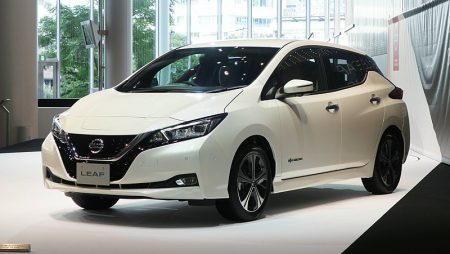SEAT, a brand of the Volkswagen (VW) Group, is being prevented by a Chinese Government agency from lending its name to a number of locally made electric vehicles (EVs).

In a move which is seen as limiting foreign manufacturer ability to compete in the country’s car market, especially with the introduction of quotas on EVs in 2018, VW has been refused permission to use the SEAT name on vehicles produced by its joint venture with Chinese firm JAC. However, according to a report in the Financial Times, the decision could yet change, according to one person familiar with the matter. ‘The first step is for a local brand name,’ he said.
The ability for vehicle manufacturers to use their brand power to sell vehicles in the world’s biggest car market could be at stake, with the potential domination by foreign brands threatening to out-compete the country’s home-grown industry and the country’s plans to become a world leader in EVs and battery technology. The latter is a move already seen with the announcement that Geely will turn Volvo into an electric and hybrid only manufacturer, and a Chinese consortium buying Nissan’s battery company.
Therefore, a foreign name on a car produced by a venture including a Chinese company would be seen as taking away a local name from the market. Some are interpreting the National Development and Reform Commission’s (NRDC) decision as one aimed at ultimately hamstringing foreign carmakers’ ability to market locally produced electric vehicles and hybrids in China, where their brand recognition could provide an edge over local Chinese brands.
Read more: Autovista Group


